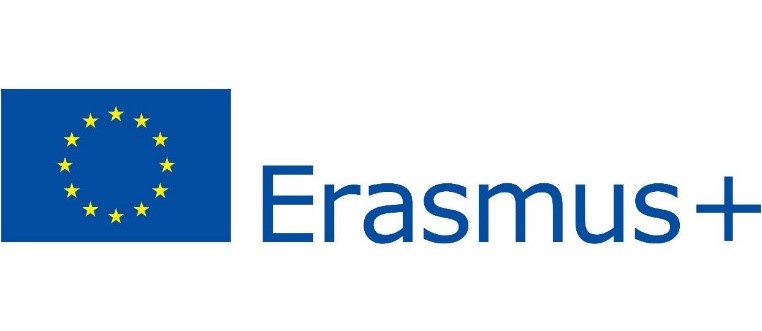- Why Doba
- Find your CourseFully ONLINE in English
- Online study
- Teachers and Research
- conference
- Alumni Club
Two of our colleagues from DOBA Business School responded to the invitation by our Belgian partner UC Leuven-Limburg and participated in their International Week to share and gain knowledge and experience. Due to COVID-19 measures, the International Mobility Week has for the first time been organised as a virtual event.
Dr Marina Letonja, Head of International Relations and Assistant Professor at DOBA Business School, and Dina Potočnik, Director of Marketing and Sales, attended the International Staff Week from 6 to 12 December. Dr Letonja gave a lecture on entrepreneurship and Ms Potočnik presented a best practice example of digital marketing. They also attended a series of presentations and meetings, where they learned about the activities of the host institution, shared experiences with representatives of different fields, and forged new plans for future cooperation with the Belgian institution
'I was one of the 31 teachers from 13 UCLL partner countries who lectured on and transferred best teaching practices in intercultural settings, socialised in our virtual environment, compared and shared our experiences, created new ties and plans for future cooperation in joint research and project applications and mobility. All of this contributes to improving the quality of teaching. Our hosts have done an outstanding job, considering that this was the first time that they were up against the complex logistics of implementing the whole planned programme in a virtual environment and making the necessary adjustments to also implement the social programme – from a guided tour and the discovery of important historic milestones of the charming city of Leuven, a student city, not larger than Maribor, to a workshop on how to make cocktails. Unfortunately, we were unable to sample the excellent Belgian Artois virtually, but this challenge remains for one of our next live visits to Leuven.' Dr Marina Letonja
'When I learned at end of September that this time I was the one chosen to attend mobility, I was exceedingly happy. During my studies, I never got the courage to do so, but even then, the Erasmus programme was only in its initial stages. I was looking forward to visiting our partner institution, as I have heard a lot of positive feedback from the colleagues working with them in the implementation of projects. I was also looking forward to visiting Belgium, as my cousin, who I’ve seen only twice in the last two years, lives close to the school with her family. I therefore had the intention of linking my Erasmus mobility to this as well. I knew that my weak point was English due to a lack of using the language, so I immediately arranged for a refresher course in English.
Unfortunately, just before visiting Belgium and the UCLL University, the epidemiological situation deteriorated dramatically and so I stayed home. The UCLL informed us that this time, the mobility will take place virtually. I have to admit that I wasn’t too enthusiastic about that in the beginning, but I accepted the challenge nevertheless. The school was really well prepared – we had kickoff meetings and they organised a number of different meetings so that our days were truly packed. They all made me feel welcome and they really prepared for my visit, albeit a virtual one. Despite being online, I shared a live video of a snow-covered Maribor with them, and they organised a true online cocktail party.
I will gladly repeat this experience, live or online. Dina Potočnik
In short, mobility has been a major challenge for me. In addition to thoroughly refreshing my knowledge of English (which I plan to continue), this experience has helped create new ideas and thus increase the motivation for work. I have also strengthened my intercultural competencies such as adaptability, inventiveness, the ability to adapt to the values of others, and openness to new experiences.' Dina Potočnik
Each year, we organise the International Innovation Hackathon and other virtual mobility projects with UC Leuven-Limburg and in the context of the Businet network, we jointly manage the Internationalisation at Home working group and implement Erasmus+ KA 2 projects.
Read more about Erasmus mobility and the impressions of students and employees of DOBA Business School.
